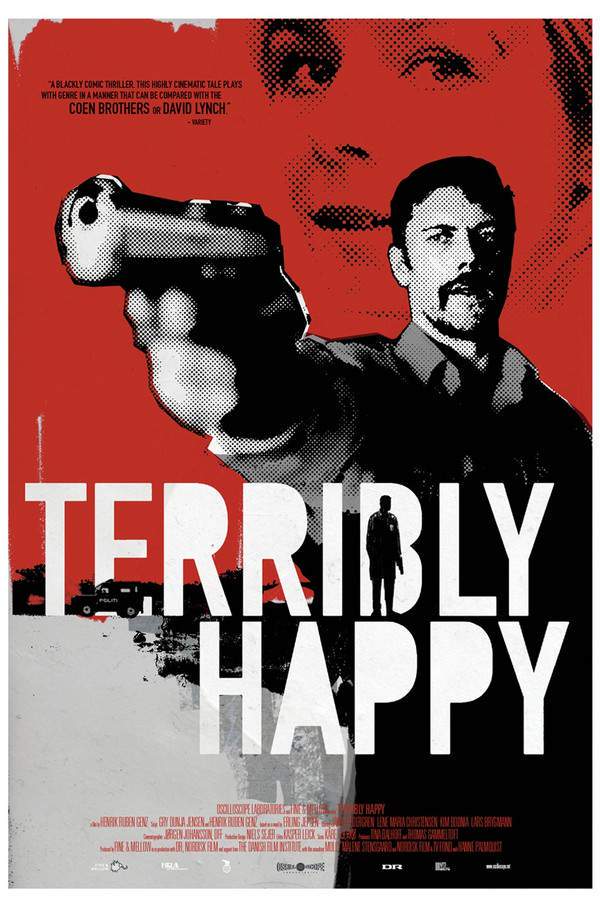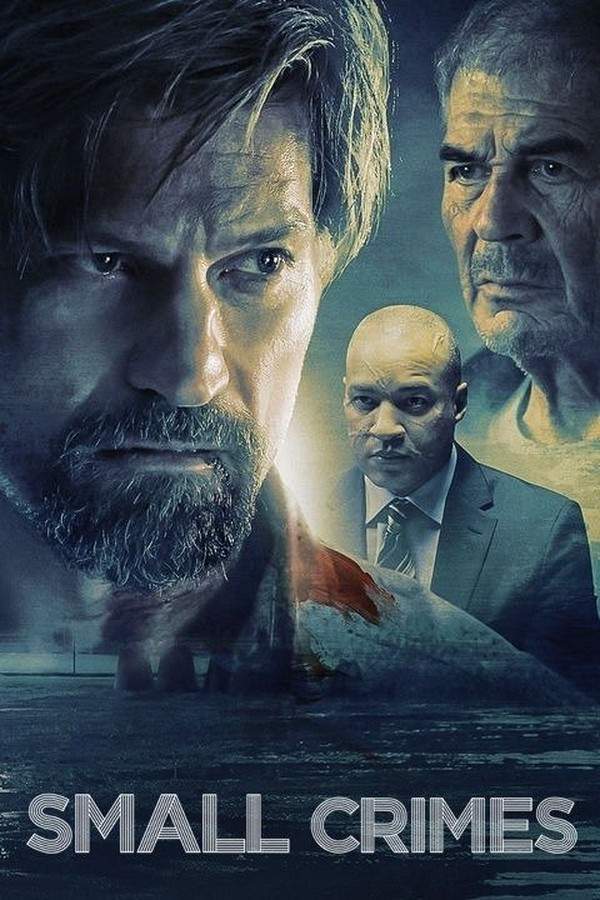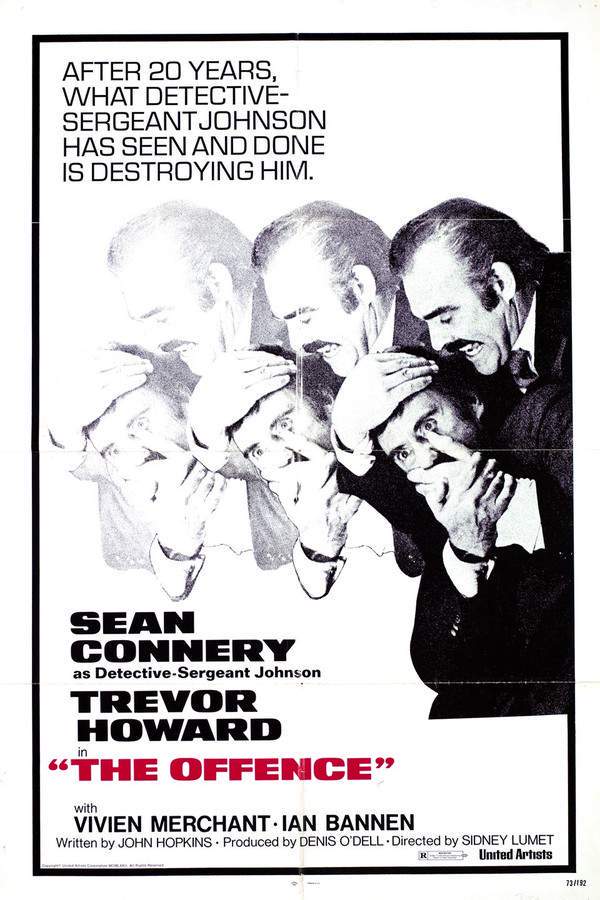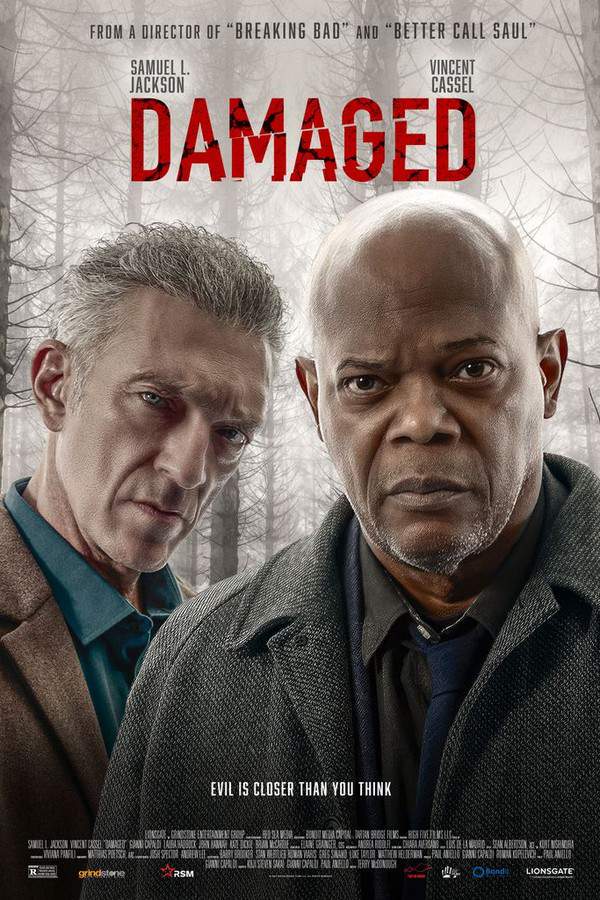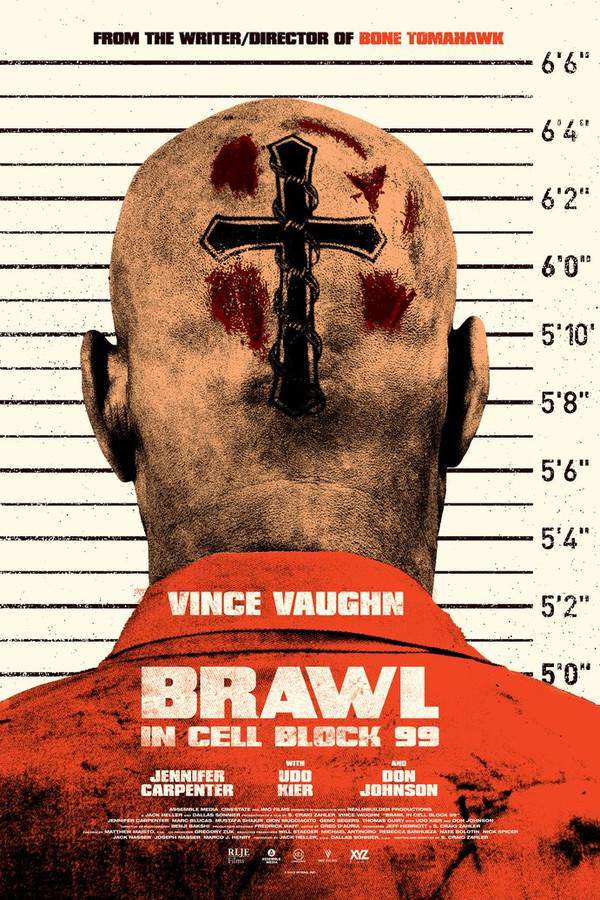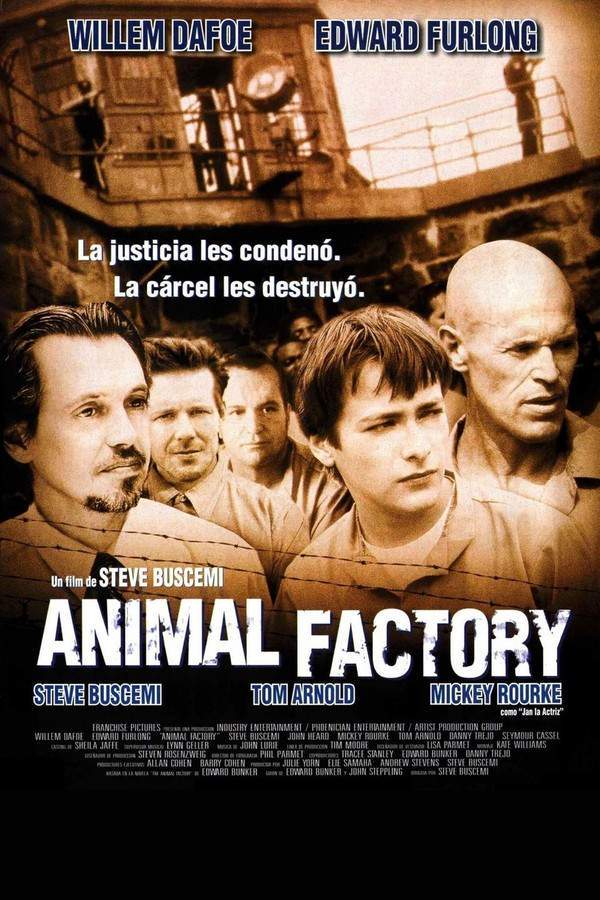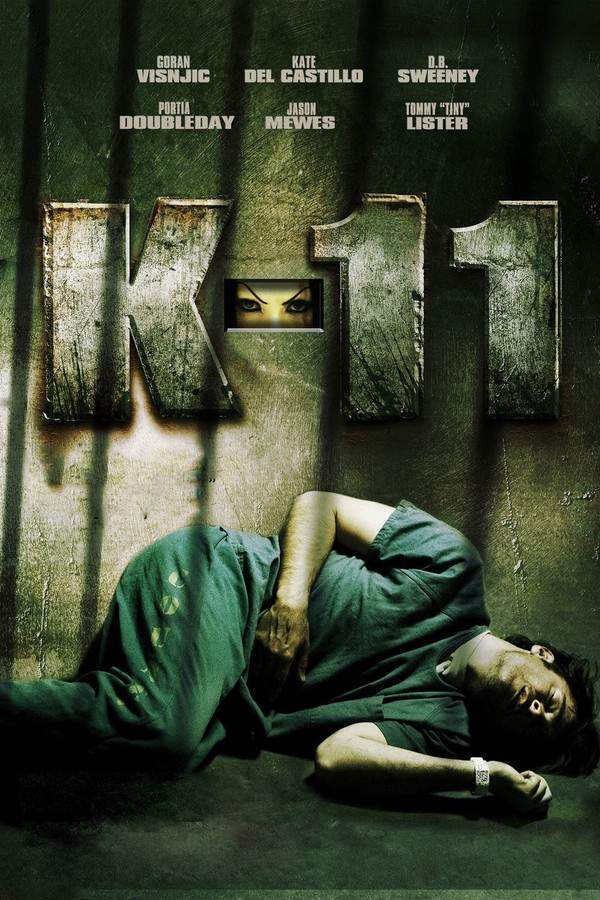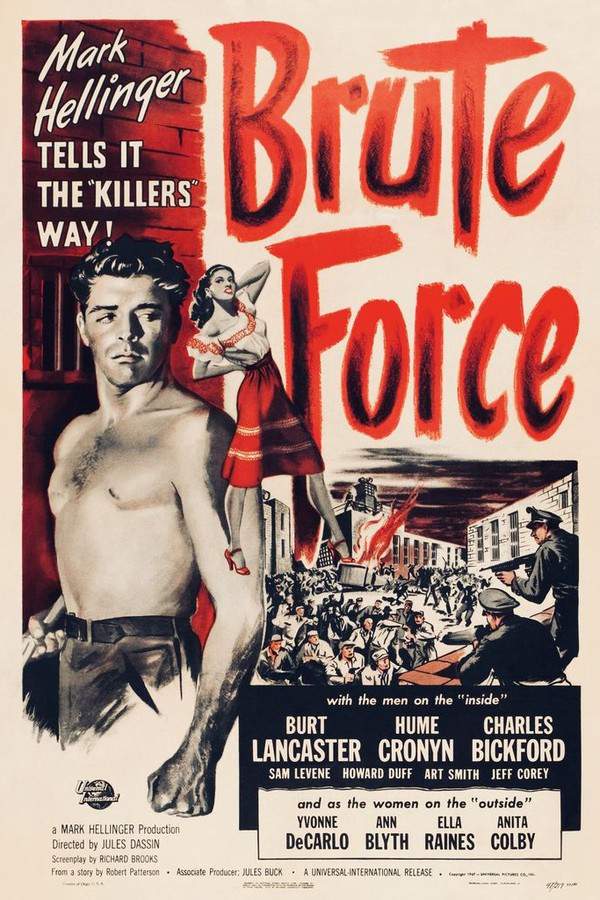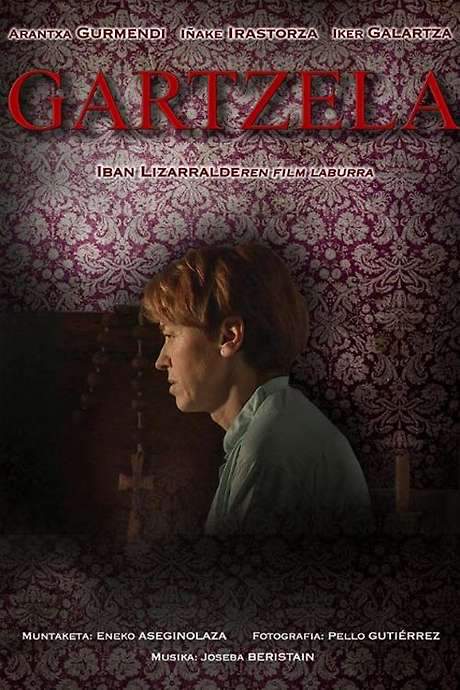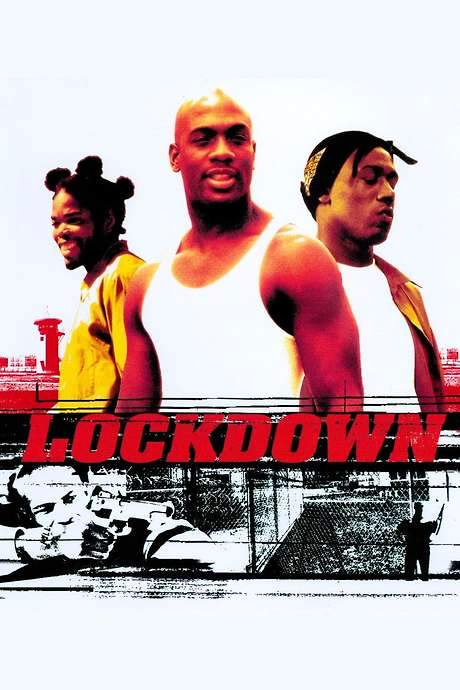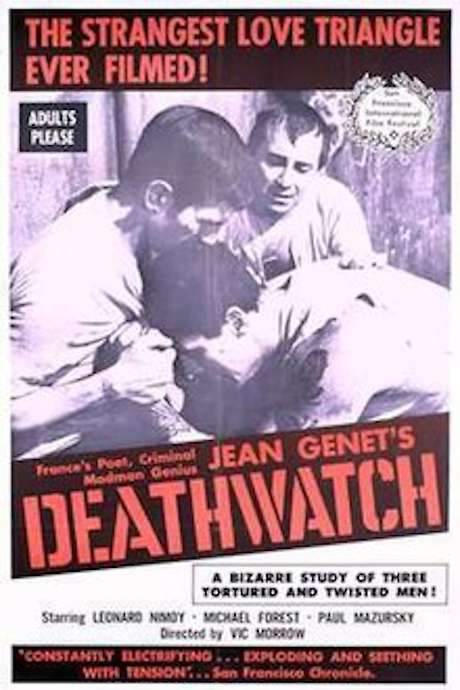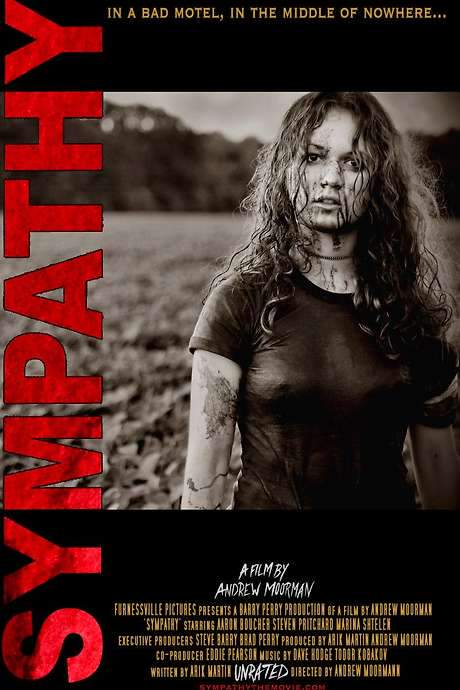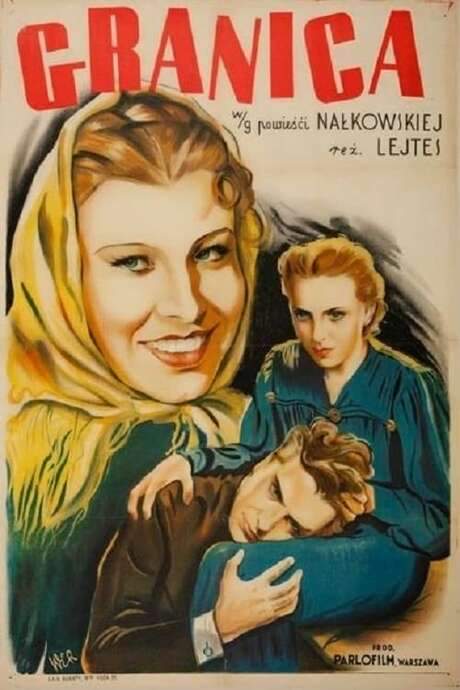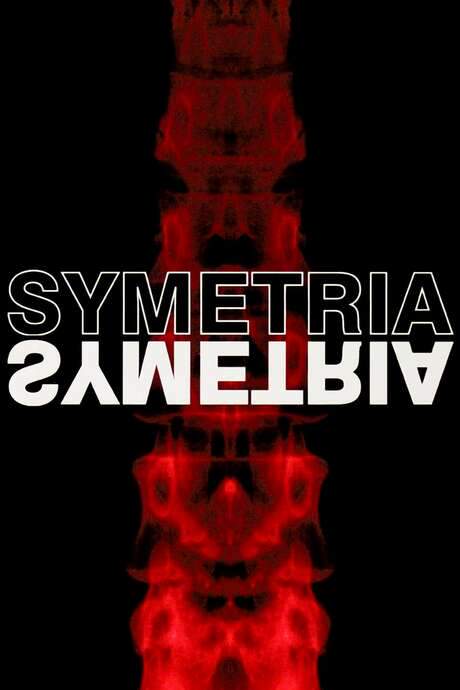
Symmetry
Year: 2003
Runtime: 99 mins
Language: Polish
Director: Konrad Niewolski
Łukasz, a job‑less geography graduate, is mistakenly identified and arrested for robbery. His weak alibi collapses when the supposed victim dies shortly after the arrest. Though his lawyer pledges to fight, Łukasz is detained and must adapt to the brutal prison hierarchy. He seeks refuge in the cell of the “grypsujący,” inmates who exchange coded messages.
Warning: spoilers below!
Haven’t seen Symmetry yet? This summary contains major spoilers. Bookmark the page, watch the movie, and come back for the full breakdown. If you're ready, scroll on and relive the story!
Symmetry (2003) – Full Plot Summary & Ending Explained
Read the complete plot breakdown of Symmetry (2003), including all key story events, major twists, and the ending explained in detail. Discover what really happened—and what it all means.
Before the title credits roll, the film opens with a prison guard drafting a report about a death found in one of the cells, marking the cause as a suicide. The scene suggests that this tragedy is connected to the events that will unfold, even though the full chain of cause and effect isn’t stated outright. This prologue casts a shadow over what follows, hinting at the moral and social consequences simmering beneath the surface of prison life.
On a very rainy evening, Łukasz Machnacki steps out of a cinema and is immediately corralled by the police. He is handcuffed and hauled into a squad car, then thrust into a police lineup where he’s identified by an elderly robbery victim. He protests his innocence, but with no solid alibi to offer, he is arrested and told that his freedom will depend on a lengthy investigation. The shock of the moment leaves him reeling as the reality of a harsh future in custody begins to sink in.
Once in custody, Łukasz is placed into a transition cell, where he meets Zborek, a man jailed for car theft. Zborek explains the brutal pecking order inside prison and presses Łukasz to join the notorious grypsera—an inmate subculture that commands respect and protection. He warns that if Łukasz refuses, he risks becoming a target and a “loser.” Faced with this stark choice, Łukasz agrees to enter the grypsera, a decision that surprises a staff interviewer who doubted he’d go along with it. But the arrangement is quickly sealed, and Łukasz finds himself moved into a cell where the subculture already holds sway.
In the new cell, the dynamics are immediately clear. The apparent leader, Kosior, governs with a confident, threatening calm; Siwy stands as a tough member of the group; Albert is a younger, volatile presence; Roman sits lower in the hierarchy, often overlooked; and Dawid is the quiet bookish figure whose restrained demeanor earns quiet respect. Albert’s teasing, and Siwy’s challenge to Łukasz’s willingness to prove himself, set the tone for how the new inmate must navigate this rough, unwritten code. Roman patiently teaches the everyday rules, while Kosior lays out the deeper code of the grypsera, explaining how to survive in this environment.
A lawyer hired by Łukasz’s mother drops by to deliver news from outside. The prosecutor is weighing charges that extend beyond robbery to unintentional homicide, after the elderly witness who identified Łukasz dies shortly thereafter. The lawyer pledges to push for Łukasz’s release, but he warns that the process could take months. The legal question hangs over the block, compounding the psychological strain of prison life.
The following days bring a stark glimpse into the violence beneath the surface. Albert recounts a disturbing tale about abducting a girl for sex, and Dawid reels against it, grabbing Albert in a threat that makes clear the stakes of any loose talk. The next day Kosior explains Dawid’s past violence in context, and Łukasz observes weekly visits from Dawid’s wife. The two share a gaze rather than words, hinting at a relationship strained by fear, propriety, and the unspoken pressure of life behind bars.
Nightmares haunt Łukasz as he tries to adjust, and a brutal disciplinary measure—being forced to drink a detergent mixture as punishment for breaking a minor rule—remains a painful memory. A guard then announces Łukasz’s release, only to pull it back at the last moment: the door opens and then closes, and the cruel joke leaves him devastated, pushing him toward a suicide attempt. The resilience necessary to keep going is tested to the limit.
After this crisis, Łukasz begins to accept his situation and study the grypsera’s rules with Kosior. He earns formal acceptance as a member of the group, and even wins some respect from Albert by turning a piece of Albert’s contraband to his own advantage when it’s discovered by an officer. The once-terrifying environment becomes a familiar, albeit clawing, social order where survival often hinges on wit and nerve.
When Łukasz’s trial finally comes around, Siwy is transferred out and a new inmate arrives in the cell: a man accused of child sexual abuse. Kosior does not tolerate any noise, and the guards do little to intervene as the new prisoner is subjected to humiliation and rough treatment. The shift starts to test the loyalties and nerves of all involved, especially Łukasz, who has to weigh his own safety against the moral cost of staying true to the group.
Then comes a thread of hope. Łukasz’s attorney brings news that the prosecutor plans to remit the case due to lack of evidence, hinting at an imminent release. The family drama intensifies as his mother and younger sister visit, creating a tense, emotionally charged moment in which Łukasz—watching the accused man nearby—tells his family to leave, and that he loves them.
The potential release stirs dangerous plans within the cell. Albert suggests killing the man and making his death look like a suicide, a lurid idea that Kosior condones. Łukasz hesitates, but Kosior presses him by appealing to his protective feelings for his sister. Roman resists, but Albert threatens him with harm if he objects. That night, Łukasz knocks Roman out with a chair to reduce the risk of interference, and the group proceeds to murder the new prisoner—strangling him and hanging the body from the window bars to suggest a suicide.
In the aftermath, Łukasz’s mother returns for another visit, this time through a glass partition with a phone. She is overwhelmed with worry and grief as Łukasz tries to explain that life in prison operates on a different logic that she would not understand from the outside. He ends the call with a quiet, heavy confession about the choices he has made and the distance that now lies between them.
Last Updated: October 09, 2025 at 15:23
Explore Movie Threads
Discover curated groups of movies connected by mood, themes, and story style. Browse collections built around emotion, atmosphere, and narrative focus to easily find films that match what you feel like watching right now.
Movies about wrongful accusation and moral decay like Symmetry
Innocent characters crushed by a system that mistakes them for criminals.If you liked the story of an innocent man's wrongful imprisonment in Symmetry, you'll find similar movies here. These films explore the devastating impact of false accusations, the struggle against a corrupt system, and the moral descent of the protagonist.
Narrative Summary
The narrative typically begins with a peaceful life violently disrupted by a false accusation. The protagonist is then plunged into a hostile environment, such as a prison or a legal nightmare, where their innocence is a liability. The story charts their struggle to survive and the erosion of their former identity as they are forced to adapt to a brutal new reality.
Why These Movies?
These movies are grouped by their shared theme of injustice and the specific arc of an innocent person's downfall. They create a powerful sense of empathy and outrage, focusing on the heavy emotional weight of being trapped by circumstances beyond one's control.
Gritty prison survival dramas with intense hierarchies like Symmetry
Stories of survival and power dynamics within the confined world of incarceration.For viewers who appreciated the harsh prison setting and intricate social hierarchy in Symmetry, this section features similar movies. These gritty dramas focus on the daily struggle for power, respect, and simple survival within the oppressive walls of a correctional facility.
Narrative Summary
The narrative structure is often a steady descent into the prison's social ecosystem. A new inmate, often an outsider, must learn the unwritten rules and navigate a dangerous hierarchy dominated by specific groups. The central conflict revolves around adapting to this brutal environment without losing oneself completely, often through alliance or violence.
Why These Movies?
These films are united by their immersive and oppressive setting. They share a high intensity driven by constant threat, a dark tone exploring institutional violence, and a focus on the complex, often brutal, social structures that form in confinement.
Unlock the Full Story of Symmetry
Don't stop at just watching — explore Symmetry in full detail. From the complete plot summary and scene-by-scene timeline to character breakdowns, thematic analysis, and a deep dive into the ending — every page helps you truly understand what Symmetry is all about. Plus, discover what's next after the movie.
Symmetry Timeline
Track the full timeline of Symmetry with every major event arranged chronologically. Perfect for decoding non-linear storytelling, flashbacks, or parallel narratives with a clear scene-by-scene breakdown.

Characters, Settings & Themes in Symmetry
Discover the characters, locations, and core themes that shape Symmetry. Get insights into symbolic elements, setting significance, and deeper narrative meaning — ideal for thematic analysis and movie breakdowns.

Symmetry Spoiler-Free Summary
Get a quick, spoiler-free overview of Symmetry that covers the main plot points and key details without revealing any major twists or spoilers. Perfect for those who want to know what to expect before diving in.

More About Symmetry
Visit What's After the Movie to explore more about Symmetry: box office results, cast and crew info, production details, post-credit scenes, and external links — all in one place for movie fans and researchers.

Similar Movies to Symmetry
Discover movies like Symmetry that share similar genres, themes, and storytelling elements. Whether you’re drawn to the atmosphere, character arcs, or plot structure, these curated recommendations will help you explore more films you’ll love.
Explore More About Movie Symmetry
Symmetry (2003) Scene-by-Scene Movie Timeline
Symmetry (2003) Movie Characters, Themes & Settings
Symmetry (2003) Spoiler-Free Summary & Key Flow
Movies Like Symmetry – Similar Titles You’ll Enjoy
Syzyfowe prace (2000) Detailed Story Recap
Sympathy (2007) Full Summary & Key Details
Eminent Domain (1990) Movie Recap & Themes
A Short Film About Killing (1988) Film Overview & Timeline
Zmowa (1988) Film Overview & Timeline
Bespredel (1989) Plot Summary & Ending Explained
A Strong Man (1929) Ending Explained & Film Insights
Bad Luck (1960) Complete Plot Breakdown
My Debt (2022) Story Summary & Characters
Symphony for a Massacre (1963) Film Overview & Timeline
Echo (1964) Spoiler-Packed Plot Recap
Granica (1938) Complete Plot Breakdown
Silence (1963) Story Summary & Characters
Criminal Records (1974) Spoiler-Packed Plot Recap
Bitter-Sweet (1996) Full Movie Breakdown

